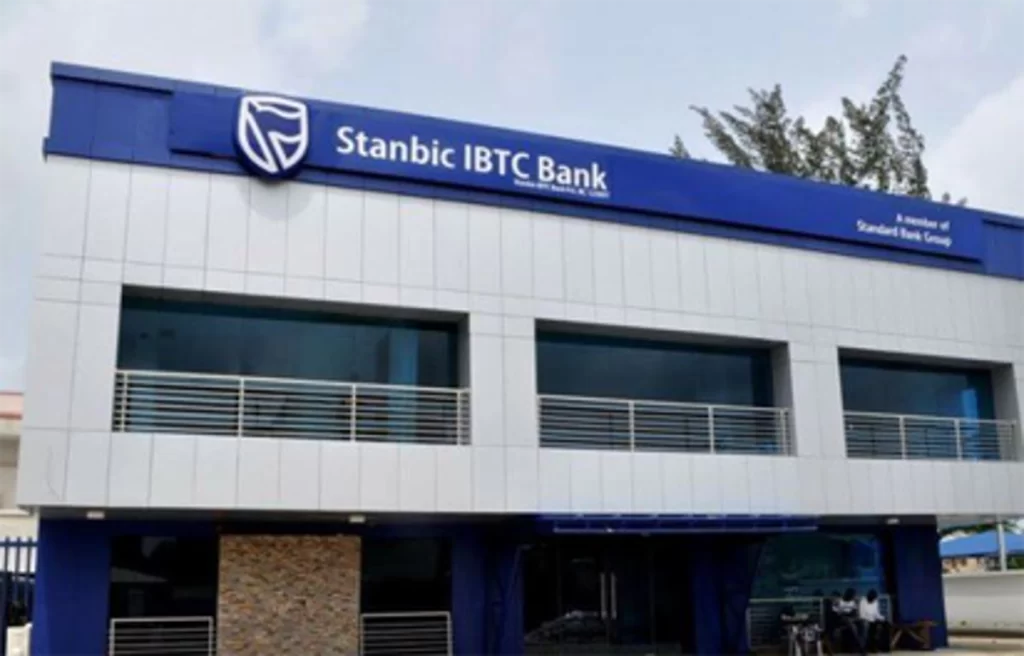
According to a Purchasing Managers Index (PMI) report from Stanbic IBTC Bank, business activities in the Nigerian private sector contracted in the third quarter of the year. This decline can be attributed to increasing price pressures that have negatively impacted demand.
The report highlighted that both input costs and output charges reached their highest levels since the survey began almost a decade ago. The rise in inflation can be attributed to increased transportation costs due to the removal of the fuel subsidy and currency weakness. Additionally, rising transportation costs have resulted in delayed supplier deliveries. The report also noted a marginal decrease in the rates of expansion for new orders and employment.
In August, the headline PMI dropped for the third consecutive month to 50.2, down from 51.7 in July. This marked the lowest level in the past five months, indicating only a slight improvement in the health of the private sector.
The PMI is a measure derived from the survey, with readings above 50.0 indicating an improvement in business conditions compared to the previous month, while readings below 50.0 indicate a deterioration.
The report emphasized that inflationary pressures significantly impacted businesses in August. Overall input costs experienced the highest increase since the survey began, with close to three-fifths of respondents reporting a rise in costs. The rates of increase in purchase prices and staff costs also accelerated, with staff costs reaching a new survey peak. Rising transportation costs and currency weaknesses were the key drivers of inflation.
Furthermore, companies significantly increased their selling prices to combat inflation, surpassing the previous peak in December 2021.
Muyiwa Oni, Head of Equity Research West Africa at Stanbic IBTC Bank, commented, “Nigerian private sector business activity slowed further in August due to strengthening price pressures, which in turn diminished consumer demand. The headline PMI dropped to 50.2 in August, the lowest in five months.”
He added, “Marked inflationary pressures remained a major hindrance to businesses in August, with both input costs and staff costs increasing at the fastest pace since the survey began. Inflation was driven by higher transportation costs resulting from the removal of the fuel subsidy and exchange rate devaluation. Rising transportation costs also led to delivery delays by suppliers.”
According to Stanbic IBTC Bank, companies continued to expand their purchasing activity, leading to an increase in input stocks. However, high transportation costs caused difficulties in receiving inputs, resulting in only slight improvements in supplier delivery times. Business sentiment improved slightly from record low levels in the previous survey period, but still remained historically weak. Panellists attributed optimistic expectations for future output to business expansion plans and advertising activities.
